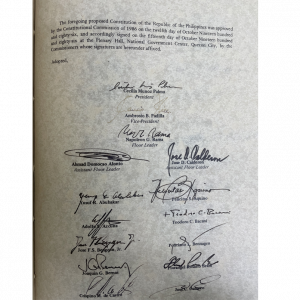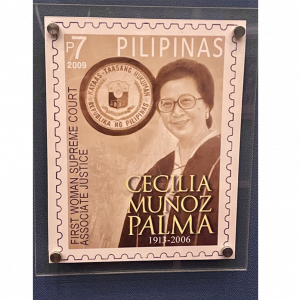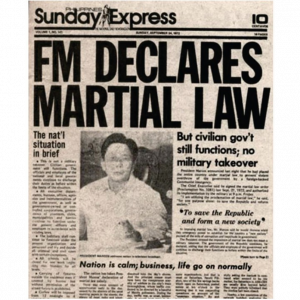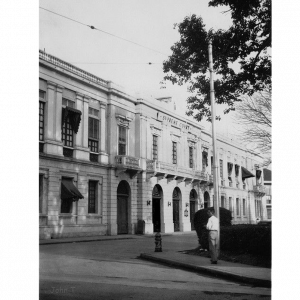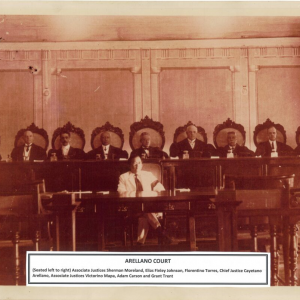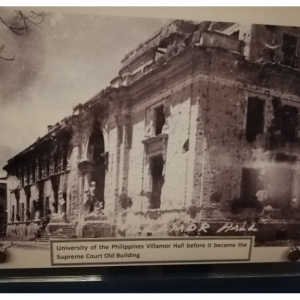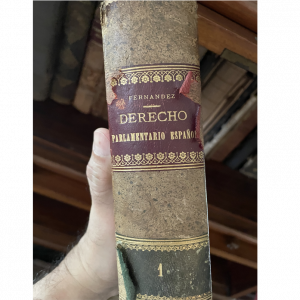SC: Search Warrants Must Clearly Specify Location to Be Searched
January 03, 2025
The Supreme Court emphasized that search warrants must clearly define the location to be searched; otherwise, they are invalid for violating the right against unlawful searches and seizures.
In a Decision written by Senior Associate Justice Marvic M.V.F. Leonen, the SC’s Second Division acquitted Lucky Enriquez (Enriquez) of the crimes of illegal possession of dangerous drugs and drug paraphernalia under Republic Act No. (RA) 9165 or the Comprehensive Dangerous Drugs Act of 2002, due to a defective search warrant and its irregular execution.
The case stemmed from a 2017 operation by the Philippine Drug Enforcement Agency (PDEA), which implemented a search warrant against Enriquez to search for and seize dangerous drugs and drug paraphernalia. The address in the search warrant states, “Informal Settler’s Compound, NIA Road, Barangay Pinyahan, Quezon City.”
PDEA agents, guided by an informant, entered a house where Enriquez was located. Without knocking or announcing their presence, they immediately rushed through the open door, apprehended Enriquez, and seized sachets containing shabu.
The Regional Trial Court convicted Enriquez, and the Court of Appeals upheld the decision.
The SC reversed these rulings, declaring the search warrant invalid. The Constitution requires a valid search warrant to particularly describe the place to be searched. This requirement is crucial to prevent enforcing officers from deciding on their own where to search and whom and what to seize.
The SC ruled that the search warrant was too broad and essentially a general warrant, which is prohibited by the Constitution. This lack of detail gave the PDEA agents unlimited power to search the entire compound.
The SC also found that the search warrant was not carried out properly. According to Rule 126, Sections 7 and 8 of the Rules of Court, government agents must first identify themselves and ask for permission to enter the place they want to search. They can only force their way in if they are denied entry. This rule protects both the person being served with the warrant and the agents from possible violence that could happen from an unannounced entry.
Additionally, searches must be made with the lawful occupants of the house as witnesses or, if they are unavailable, two residents in the same area. In this case, Enriquez was the lawful occupant of the house but was not able to witness the search. (Courtesy of the Supreme Court Public Information Office)
This press release is prepared for members of the media and the general public by the Supreme Court Public Information Office as a simplified summary of the Court’s Decision. For the Court’s complete discussion of the case, please read the full text of the Decision in G.R. No. 264473 (People of the Philippines v. Lucky Enriquez y Casipi, August 7, 2024) at https://sc.judiciary.gov.ph/264473-people-of-the-philippines-vs-lucky-enriquez-y-casipi/.













